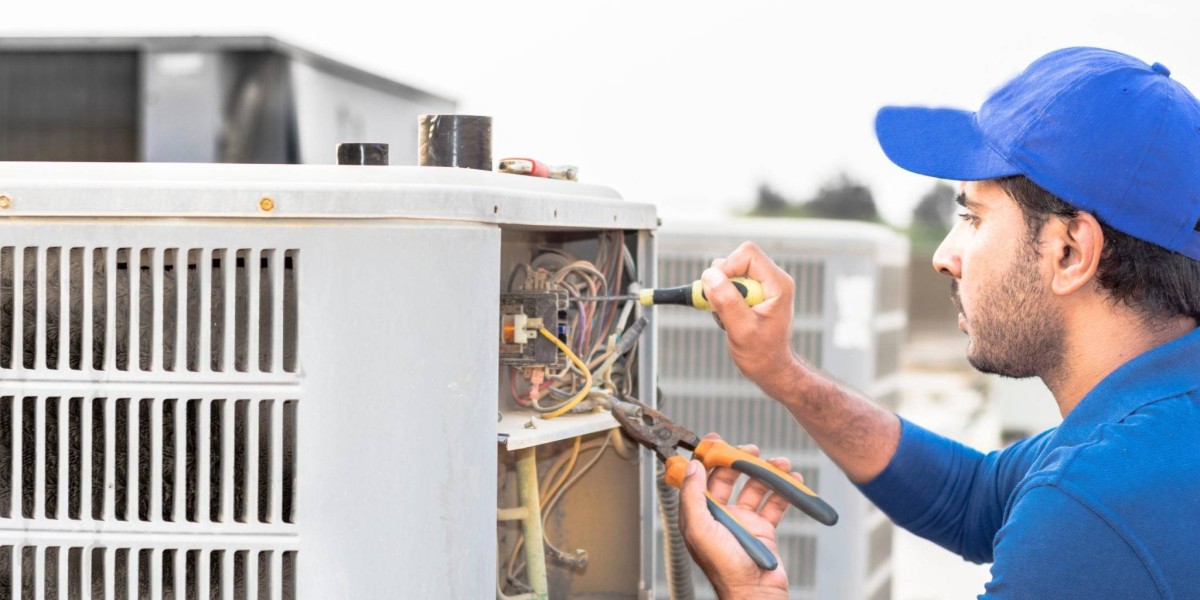Introduction
The industrial heat pump market is experiencing rapid growth, driven by the increasing need for sustainable and energy-efficient heating solutions. One of the key factors fueling this growth is the integration of renewable energy sources, which enhances system efficiency, reduces reliance on fossil fuels, and supports carbon neutrality goals. This article explores the role of renewable energy in the industrial heat pump market and its impact on industrial applications.
The Role of Renewable Energy in Industrial Heat Pumps
1. Integration with Solar Energy
Industrial heat pumps can be powered by solar photovoltaic (PV) panels, reducing dependence on grid electricity.
Solar thermal technology can directly supply heat energy to heat pumps, enhancing efficiency and lowering operational costs.
Industries using solar-integrated heat pump systems benefit from long-term energy savings and reduced carbon emissions.
2. Utilization of Geothermal Energy
Geothermal heat pumps leverage stable underground temperatures to provide efficient heating and cooling for industrial applications.
Industries with high heating demands, such as manufacturing and food processing, can achieve significant energy savings by utilizing geothermal resources.
Governments are promoting geothermal-based heat pump systems through incentives and subsidies to encourage adoption.
3. Waste Heat Recovery and Circular Energy Use
Industrial processes generate significant amounts of waste heat, which can be captured and repurposed using heat pump technology.
Waste heat from power plants, data centers, and manufacturing processes can be used to drive heat pumps, improving energy efficiency.
This approach aligns with circular economy principles, reducing energy wastage and enhancing sustainability.
4. Hydropower and Wind Energy Integration
Heat pumps can be powered by renewable electricity generated from hydropower and wind energy, reducing reliance on conventional power sources.
Industrial facilities with access to renewable energy grids can optimize heat pump performance by using excess renewable electricity during peak generation periods.
Smart energy management systems enable industries to balance energy loads efficiently, enhancing overall cost-effectiveness.

Advantages of Renewable Energy-Powered Heat Pumps
1. Reduced Carbon Footprint
Utilizing renewable energy significantly lowers greenhouse gas emissions, helping industries meet sustainability targets.
Many governments and regulatory bodies are encouraging renewable-powered heat pumps to support climate action initiatives.
2. Lower Operational Costs
Renewable energy sources, such as solar and geothermal, offer long-term cost savings compared to fossil fuel-based heating systems.
Incentives and subsidies further reduce the financial burden of transitioning to renewable-powered heat pump systems.
3. Energy Security and Independence
Industries adopting renewable energy-powered heat pumps reduce their exposure to volatile fossil fuel prices and energy supply disruptions.
On-site renewable energy generation enhances energy resilience, particularly in regions with unreliable grid infrastructure.
4. Regulatory Compliance and Incentives
Many governments offer financial incentives, tax credits, and subsidies to encourage the adoption of renewable-powered heat pumps.
Stricter environmental regulations are pushing industries to transition away from fossil fuel-based heating systems.
Challenges and Considerations
Despite the advantages, there are challenges to integrating renewable energy with industrial heat pumps:
Initial Investment Costs: The upfront cost of installing renewable energy systems and heat pumps can be high, though long-term savings offset this.
Infrastructure Requirements: Geothermal and solar systems require adequate space and technical expertise for implementation.
Intermittency of Renewable Energy: Solutions such as energy storage and smart grid integration are needed to address variability in solar and wind energy supply.
Future Outlook
Advancements in Hybrid Systems: Continued innovation in hybrid heat pump systems that combine multiple renewable energy sources will enhance efficiency and reliability.
Improved Energy Storage Solutions: Battery and thermal storage advancements will help industries store excess renewable energy for later use.
Government Policies and Market Growth: Stronger policies promoting renewable integration will drive further adoption of industrial heat pumps worldwide.
Conclusion
The integration of renewable energy is transforming the industrial heat pump market by improving efficiency, reducing emissions, and promoting energy independence. Solar, geothermal, waste heat recovery, and wind energy are playing a crucial role in making industrial heating more sustainable. As technology advances and regulatory support increases, renewable-powered heat pumps will become a standard solution for industries seeking eco-friendly and cost-effective heating alternatives.



